Professor Kowalski: CAP Should Be Adapted to National Goals
Adelina Marini, September 17, 2013
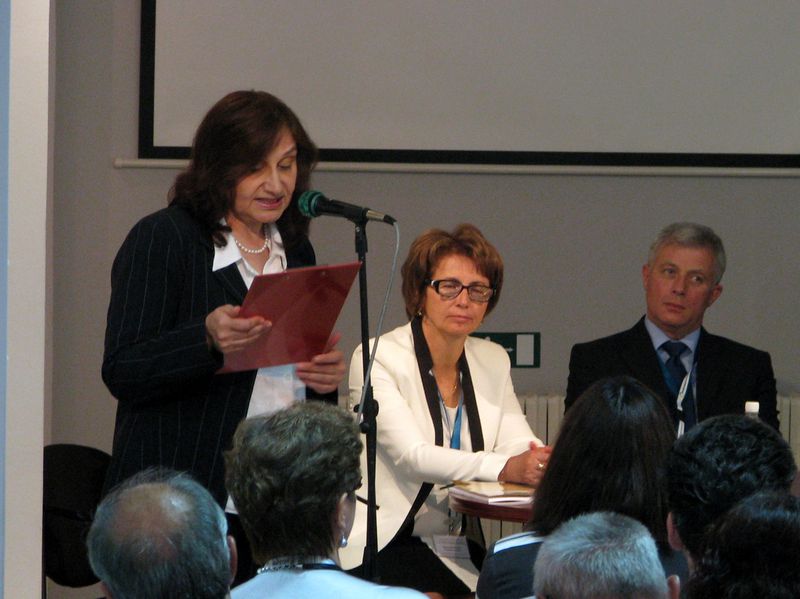 The reform of the Common Agriculture Policy (CAP) will be assessed in a different way by all affected by it directly or indirectly. It will be assessed in one way by those who expect the CAP to improve competitiveness, in another way by those who expect support for environment protection and in a third, fourth and fifth way by residents of villages, towns or by the farmers and other related to farming representatives. Farmers in every member state can choose in which programmes to participate and what funds they could rely on, which is why it can hardly be said that the negotiations on the CAP ended with success, given that not everything is a done deal [the reached agreement on the multiannual financial framework was disputed and new deals are to be made], but for sure the agreement that was reached in the end of June brings stability and predictability.
The reform of the Common Agriculture Policy (CAP) will be assessed in a different way by all affected by it directly or indirectly. It will be assessed in one way by those who expect the CAP to improve competitiveness, in another way by those who expect support for environment protection and in a third, fourth and fifth way by residents of villages, towns or by the farmers and other related to farming representatives. Farmers in every member state can choose in which programmes to participate and what funds they could rely on, which is why it can hardly be said that the negotiations on the CAP ended with success, given that not everything is a done deal [the reached agreement on the multiannual financial framework was disputed and new deals are to be made], but for sure the agreement that was reached in the end of June brings stability and predictability.
This is what Prof. Andrzej Kowalski told euinside in an interview. Prof Kowalski is a chief of the Polish Institute for Agricultural and Food Economics in Warsaw and he chaired a Bulgarian-Polish scientific conference in Sofia on Rural Areas Development and the Agriculture of Bulgaria and Poland within the CAP 2014-2020 Framework. The conference is organised by the department for trade and investment promotion to the Polish embassy in Sofia, who also kindly cooperated for this interview. The purpose of the conference was to assess and compare the changes that happened in rural areas and farming in Poland and Bulgaria after the three last EU enlargements, which indisputably is quite an important issue.
Of course, we, the journalists, usually quickly pass by messages about scientific conferences during which we imagine we will hardly understand a word, but they are important because they provide very good ground for exchange of information about the problems, successes and threats. And in this sense Prof. Kowalski believes that one of the biggest challenges the European economy is facing in general is that Europe is ceasing to be a leader, a motor that tugs the global economy. Europe increases the distance from the innovative countries, according to the professor's interesting wording. He sees challenges at the three main levels: production, economy and climate. At economic level the competition from Asia and South America is the biggest threat.
Already clearly visible is the significantly grown share of goods from China, Brazil and Argentina, while India is a second or a third largest wheat exporter. New exporting countries emerge not only on regional markets, but globally. Regarding economic risk, the investment funds are more and more interested in agriculture, which they avoided until recently. Also a challenge are climate changes which cannot be denied because the growing temperatures are a fact and they have impact on the structure of production and yields. Besides, in many European countries there are problems with water for irrigation.
Climate changes are one of the biggest threats, adds Prof. Kowalski and cites his home country Poland as example, where there are alternating periods of drought and torrential rains, unknown before tropical storms that cause floods. He learnt from the exchange with his Bulgarian colleagues that Bulgaria, too, has problems with the lack of rain.
But still, the negotiations on the CAP were marked again by confrontation between the farming countries and those for which agriculture is not a pillar of the economy and which insist, traditionally, on more investments in innovation and education. According to him, however, a trend from the past century is noted because a change is expected in the structure of costs for agriculture and the food processing sector in the EU. In this regard, Poland's achievements are quite telling.
The Polish scientist recalls that almost throughout the entire post-war period Poland was a net importer of foods, but as of 2003 the positive balance of the country is constantly growing in the foreign trade with food products. Last year that balance was over 4 billion euros. 30% of the foods produced in Poland are being exported. But this success would not have been possible if it was not for the clear goals set, Prof. Kowalski is quick to remind. In Poland farmers were forced to develop entrepreneurship and the understanding that the money from the EU must be used efficiently. He was reluctant to discuss in details what are the weaknesses and mistakes Bulgaria made, although he has a good experience 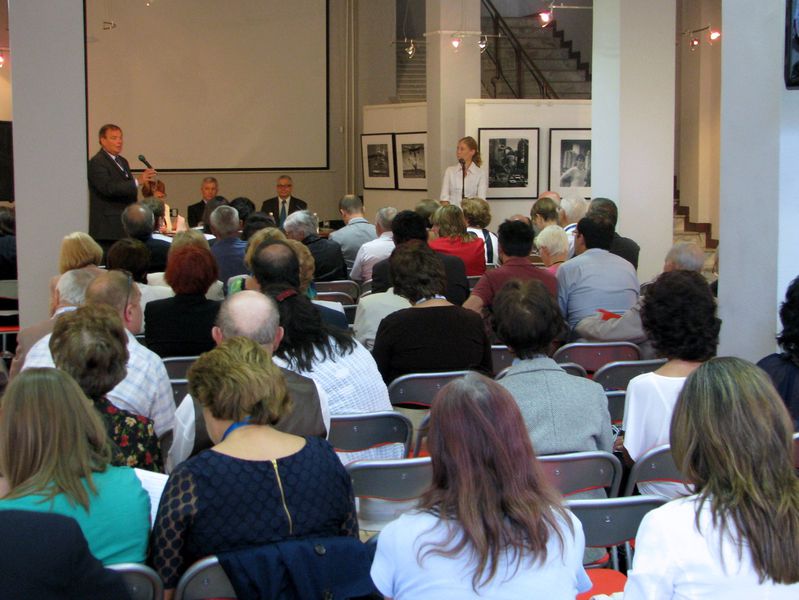 after six scientific conferences. Nonetheless, he mentioned that too little attention is paid in Bulgaria on support for the most competitive households and on improving economic efficiency.
after six scientific conferences. Nonetheless, he mentioned that too little attention is paid in Bulgaria on support for the most competitive households and on improving economic efficiency.
And regarding another very old controversy related to the CAP - whether subsidies are harmful for the economy and instead of boosting farmers they twist the market, Prof. Kowalski admits that he belongs to those who believe that the governance conditions must be determined by the market and intervention should support only those processes that are insufficiently accepted by the market mechanisms. For example, intervention with public funds is necessary to overcome the consequences from the economic crisis and in support of research and marketing. He agrees that the too broad scope of funding of economic and social areas removes part of the responsibility for the decisions of producers in terms of production and investments. That is why it is best the instruments of the agriculture policy to be adapted to the goal we want to reach.
In other words, he says, the economic issues of a country should not be solved with tools linked to social problems and vice versa. The Polish scientist refused to say what has been left unreformed in CAP because, according to him, every country can choose the instruments and resources to apply the right measures to overcome economic, social and environmental problems. Let us not focus on what is missing and what could have been proposed in another way, but on how to efficiently benefit from the potential resources. Another lesson from successful Poland which has no day of recession since the beginning of the Big crisis. It will, indeed, be great if such conferences are not passed by with fear just because they are scientific.
And it is also interesting to note that Poland has a desire to expand its cooperation in this area. Except the regular Bulgarian-Polish fora, a similar formula is applied with Ukraine as well - a country of huge strategic importance to Poland. It is curious that a similar formula will be sought for cooperation with ... Serbia which this year got a green light to start accession negotiations with the EU. All this because Poland's state-owned agriculture institute believes international cooperation is of great importance as well as the exchange of ideas. It not only looks into its won budget. After all, the clearer where the problems, challenges and possible solutions are the less it will be necessary to keep the institute's budget tight along with that of the country.
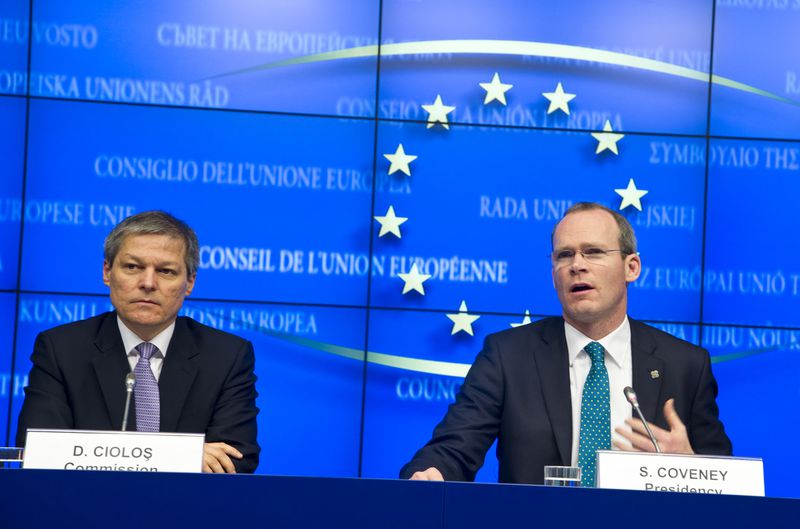 | © Council of the EU
| © Council of the EU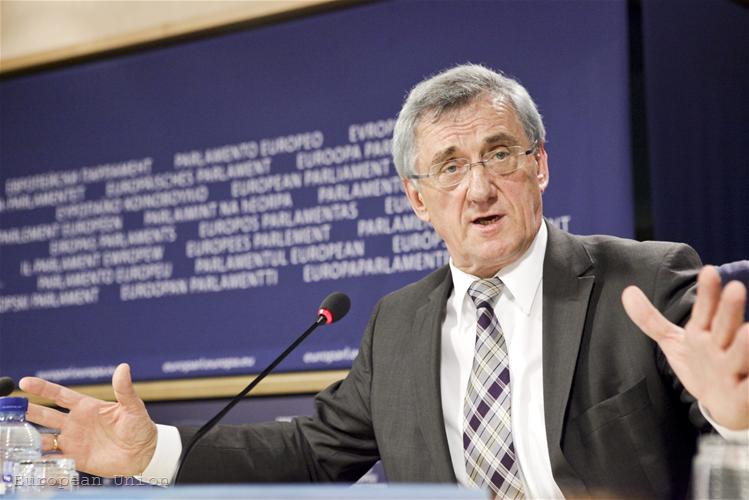 | © European Union
| © European Union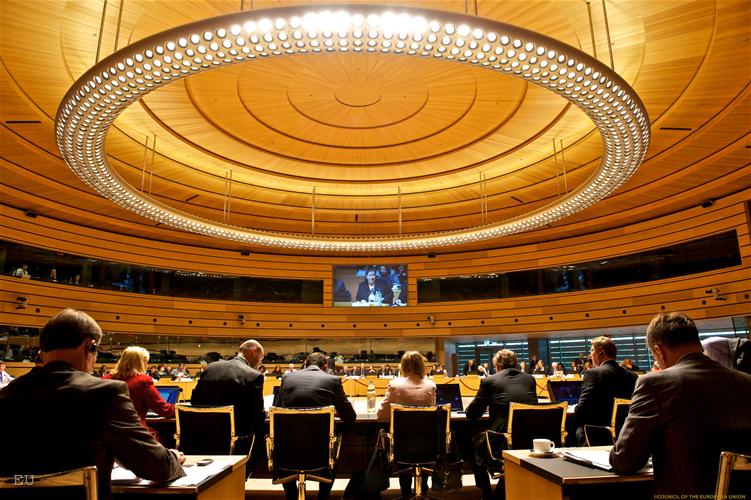 | © EU
| © EU